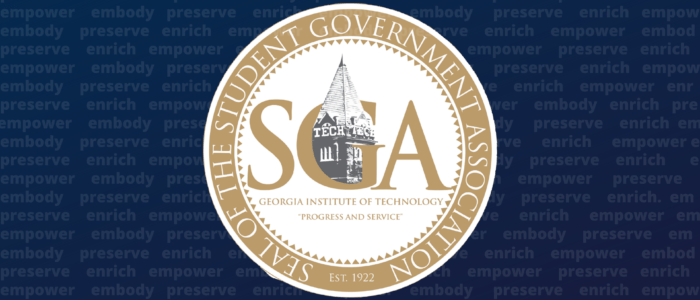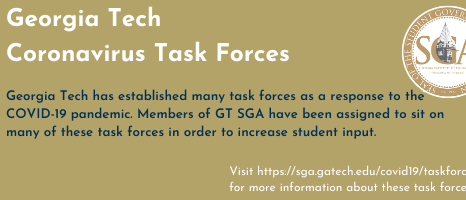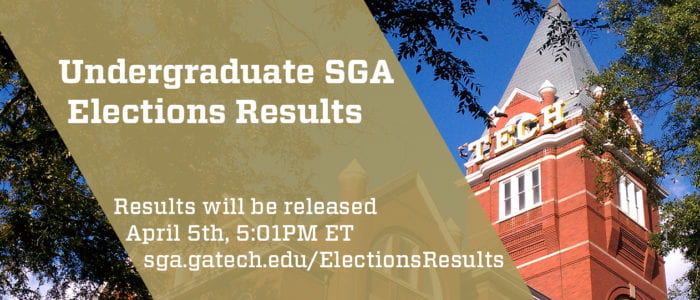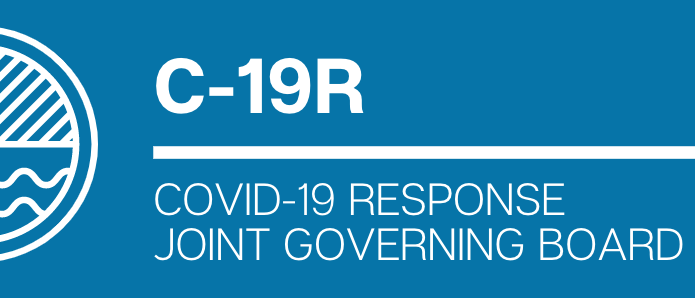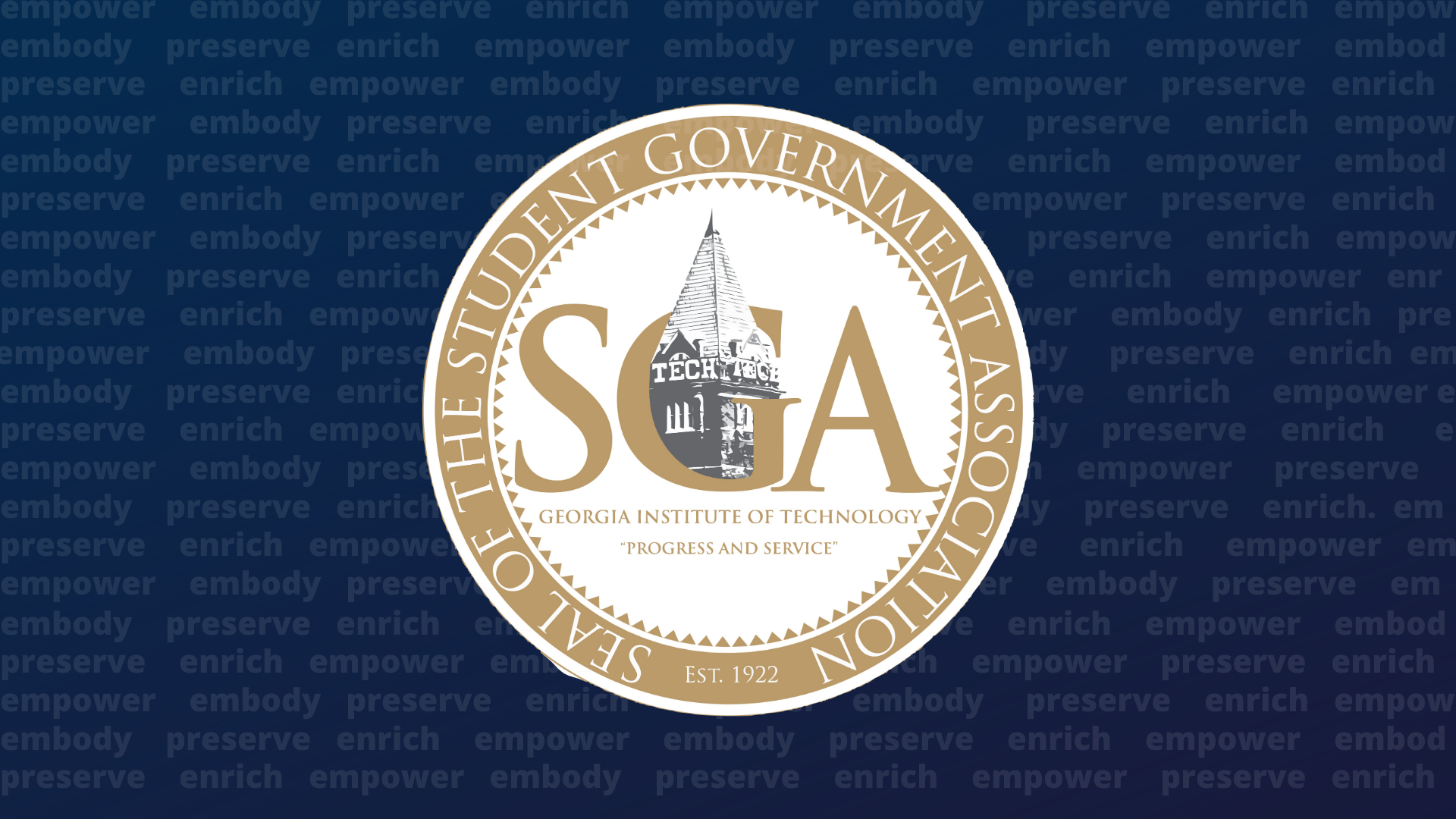
Undergraduate Judicial Branch
The Undergraduate Judiciary Cabinet (UJC) is the Judicial Branch of Georgia Tech’s Undergraduate Student Government Association (SGA). The cabinet consists of 15-24 active Justices with a wide variety of majors, class-standings, and backgrounds.
The Undergraduate Judiciary Cabinet, the judicial branch of the Undergraduate SGA, is recruiting new justices for the 2023-2024 academic year. The UJC serves two main purposes: (1) upholding academic and non-academic integrity and (2) interpreting any actions or legislation of SGA to uphold the system of checks and balances provided for by the Undergraduate curriculum. A justice on the cabinet is an individual who demonstrates strong leadership capabilities, a passion to better the Georgia Tech community, and strong moral character.
We hear a variety of cases, ranging from academic issues to student misconduct, and we serve alongside the Office of Student Integrity to achieve our mission. Many of the justices have found this to be one of the most challenging yet rewarding ways to serve the Georgia Tech community.
If you’re interested, please fill out our Fall 2023 application by 11:59 p.m. on Sunday, October 1st, 2023!
Application Link: https://forms.gle/YUAndjLPsn8rpUQD8
Applicants should have completed two semesters as a full-time student at an accredited university, be in good standing with Georgia Tech, and be able to serve on the board for a minimum of two consecutive semesters (excluding internship/co-op semesters). Applicants should also not be a part of any other student government branch.
If you have any questions, please feel free to contact our Recruitment Chair Harper Finch at hfinch7@gatech.edu Chief Justice Maeve Janecka at mjanecka3@gatech.edu !! We look forward to reviewing your application!
Purpose
The primary purpose of the UJC is to hear cases of non-academic misconduct that involve Institute undergraduates. When a undergraduate student or organization violates the Student Code of Conduct, that violation gets reported to the Office of Student Integrity (OSI). If there is legitimacy to the violation, OSI proceeds forward with an investigation. After the investigation is complete, the student or organization can elect to have his/hers/their case heard by either (1) a representative of OSI, also known as a Student Conduct Administrator, or (2) the Student Conduct Panel (UJC). The panel conducts a hearing, renders a decision, and makes a recommendation to the Associate Dean/Director of Student Integrity. The Director, after reviewing the case, renders a decision of (1) Not Responsible, which closes the case, or (2) Responsible for one or more violations with an appropriate Sanction(s), as warranted.
The secondary purpose of the UJC is to interpret any and all SGA policy (Constitution, Bylaws, codes, ethics, etc.) and to determine if any actions by the Executive or Legislative branch are unconstitutional. In addition, the UJC also oversees the SGA election process and conducts hearings on potential election violations.
UJC Chief Justice

Maeve Janecka, Chief Justice of the Undergraduate Judiciary Cabinet
The role of the UJC Chief Justice is to lead the Undergraduate Judiciary Cabinet and preside over its meetings.
Elections Committee
COMMITTEE CHAIR: ALEXANDER HAYES
“Continue to ensure free and fair elections by preserving student integrity through the Elections Code.”
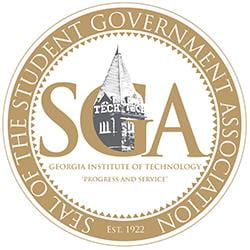
Elections Committee Vision
Georgia Tech SGA“Meet with the Student Body President, the Dean of Students, and the Elections committee to enforce the Elections Code.”

Elections Committee Mission
Georgia Tech SGARecruitment
Recruitment Undergraduate Judiciary Cabinet takes place every fall. To learn more about how to join UJC, visit the Get Involved page of the SGA Website. Details on how to join will be released prior to the start of the recruitment cycle. If you have any questions, please reach out to Anne Hardin.

